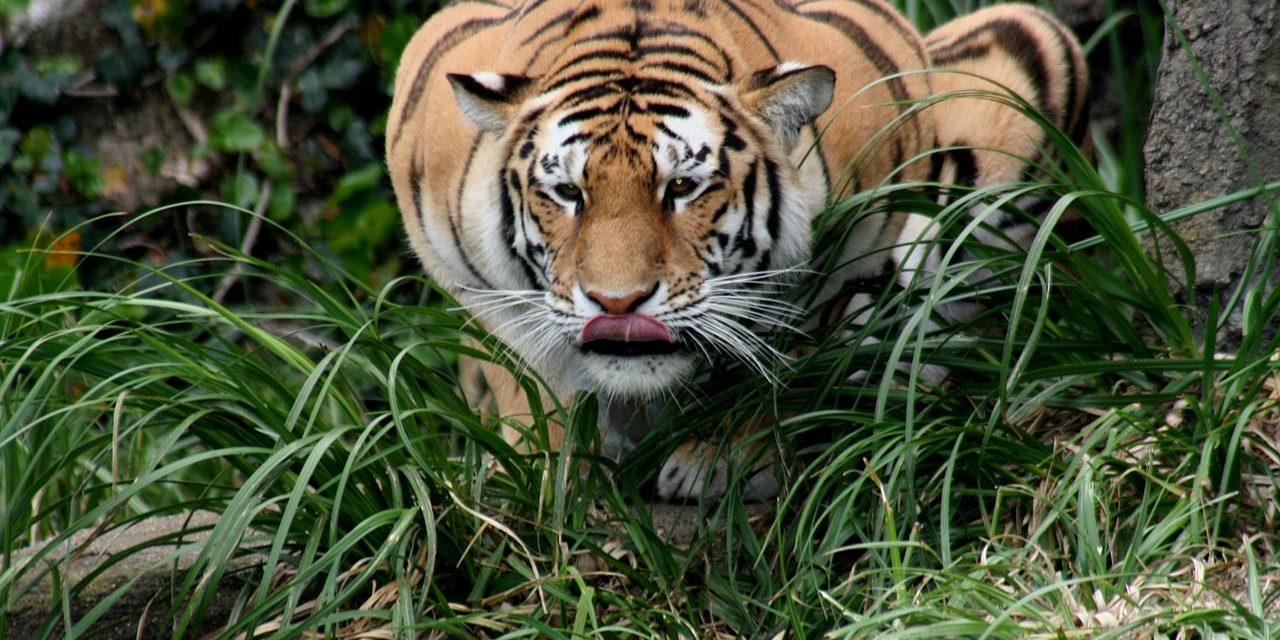Aggression may have served our ancestors well in the wild savannas, but humility is the way forward in the complex and uncertain world of the 21st century.
Our exterior portrayal of calm and control is at the mercy of a neocortex that functions as a lighthouse, forever scanning the environment for safety. In the uncertain times we live in, from economic instability to the threat of terrorism and the uncertain fate of our planet, the signals we receive instigate our fears once too often.
Like the little child who runs to mom and looks up at her for reassurance, we turn to our leaders to make us feel safe. In this yearning to return to our bubbles of profane everyday comforts, we commit two grave mistakes.
Firstly, we succumb to our fears and become increasingly cowardly, petrified of anything that does not fit into our worlds of certainty. And secondly, and perhaps more importantly, we choose leaders unfit to lead in a volatile, uncertain, complex and ambiguous VUCA world.
A leader who incites our fears and calls for tough action may delude us into feeling safe, but we need to question their ability to rise to the complex challenges of the 21st century. Aggression is the most animalistic of our responses—the primal fight or flight response that we share with the tadpole. In an interdependent world, where we are globally connected through an impenetrable thicket of interrelatedness, we need a leader who can harness our interconnectedness and use it as our greatest strength.
This ability lies in the prefrontal cortex—the seat of human excellence—that allows us to step back from our emotions and consider the consequences of our actions. But it is new to the game and needs conscious nurturing to grow and strengthen through restraint, perspective taking and compassion. No wonder, brain scans of anti-social and aggressive men show a prefrontal cortex that is almost 15% smaller.
When such men happen to contest for presidential nominations, we need to beware. We need to recognize their tendency to act from their tadpole brains and their desire that we do the same. Psychologist and professor of social theory Barry Schwartz talks about the ability of institutions in which we live and work to create human nature. The stories we are told about ourselves and others become the beliefs that underlie our fears and influence who we become and what kind of institutions we create as a result. We have to be careful of this vicious cycle, because this very “technology of ideas” creates the civilization that will face the complex challenges before us.
The Upward Spirals of Empathy
The leader we need is one who can firstly enter our worlds of fear and understand the way we feel—just like mom did. Experience and neuroscience shows us that this simple act calms the limbic brain and gives voice to reason. As the cognitive linguist George Lakoff puts it: “Empathy is at the heart of real rationality”.
When we feel understood, we can connect to our values and our sense of justice. We can exercise the cognitive empathy that has led to the great social and political changes in history. Writer and cultural thinker Roman Krznaric says that our failure to act on climate change is because we are unable to step into the shoes of future generations. I believe that our insensitivity to the plight of refugees is to a large part due to the inability to take their perspective, because our own fears have not been addressed.
The Magic of Exposure
We need a leader who understands the importance of exposure to the many cultures and sub-cultures that make up humanity’s social fabric. Seeing the world in black and white of good and evil limits our ability to appreciate its many shades of gray and deprives us of the benefits of cooperation that have stood the test of time. For compassion does not grow in a vacuum. The human mind is as capable of being Machiavellian as it is of being moral.
Compassion, like aggression, grows through the cognitive processes of observation and instruction. We need leaders who can help us grow this virtue by helping us integrate with those who are unlike us. Diversity by itself has lead to ghettoized living and its many problems. Integration on the other hand changes the stories that underlie our fears, and strengthens us in the face of chaos and complexity.
The Power of Humility
We need leaders who inspire us to rise to our best possible selves, because they are aware that it is the only way forward. We need leaders who nurture our human goodness and trust our inherent principles of fairness and justice. We need leaders who have their ego under control and who are not driven by their own fears of survival.
For humility is the ultimate act of courage. It allows us to mentally hold multiple perspectives at the same time and appreciate the value of each. It allows us to understand that our success as a species depends on our ability to come together as a humanity to face the problems ahead. Harvard psychologist Robert Kegan calls this the most advanced stage of human development. Given the crises we face, we need to demand no less of our leaders.
Aggression may have served our ancestors well in the wild savannas, but humility is the way forward in the complex and uncertain world of the 21st century.








So are you happy about Obama’s failure ?
Address this to the 11th century Troglodytes in the middle east that want to turn the clock back.
Not specifically about Obama – I think Homaira Kabir is referring to candidates like Donald Trump.
why do we expect presidents to actually do the right thing
FYI I have no love for anyone from Harvard
everyone of the past and present presidents who are from Harvard cannot keep us safe or balance a budget